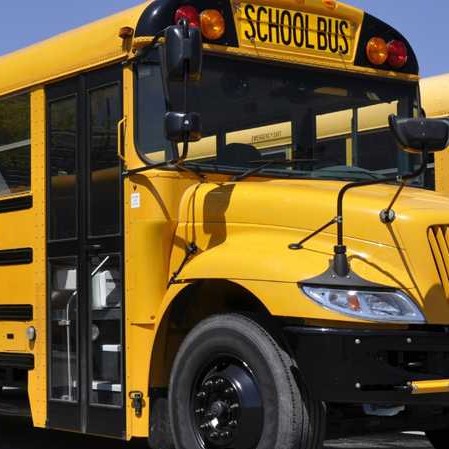School buses and other transit
Quick Facts
- Since teachers don’t ride the school bus daily, there may be little to no supervision of children, and accidents can occur.
- Unfortunately, some school bus drivers may not be trained in emergency response to allergic reactions.
Schools can take steps to help keep buses safer:
- School administrators can speak with the transit company to find out what emergency training in anaphylaxis they have received, and respond to any knowledge gaps with training.
- Many schools have a “no eating” policy on school buses because of the risk of life-threatening food allergy reactions. Need more info on school bus safety? Please contact us at info@foodallergycanada.ca.
Field trips
Quick Facts
- When students are in new situations, they can be at greater risk for a reaction because their normal routine is changed.
- School trips and special events are not part of the daily routine and may present new risks.
- If you are a teacher, staff member, driver, or volunteer on a field trip, you need to be prepared.
- Understand the signs and symptoms of anaphylaxis and what to do.
- Before you leave, take some time to practice using the auto-injector with the rest of your team.
Before your child goes on a field trip
- Make sure your child with food allergy is carrying their auto-injectors. Talk to them about their needs and concerns.
- Teachers, staff and parent chaperones should carry a back-up auto-injector in case a second injection is necessary before medical help arrives.
- All teachers and chaperones should carry a mobile phone.
- Inform all adults travelling on the trip about which students have food allergy or other allergies, and make sure they have a copy of the Anaphylaxis Emergency Plan for each student.
- Talk to all students about keeping their classmates with allergies safe.
Food and eating
- It is often best for young children to bring their own food from home and to have a “no sharing” policy in place.
- Teachers should consult with students with allergies ahead of time (and their parents/guardians) about foods or other allergens to avoid during the trip or event.
- Any food that is part of the outing (like animal food at a petting zoo, food and materials used in craft projects) should be checked for potential allergens.
- Keep an eye on students. In a new space, new risks could be taken and students may communicate less with adults.
Emergency steps
- Instruct all teachers, drivers, and chaperones on how to use the auto-injectors being brought on the trip and have them practice before leaving.
- Review the 5 Emergency Steps with all adults and students.

